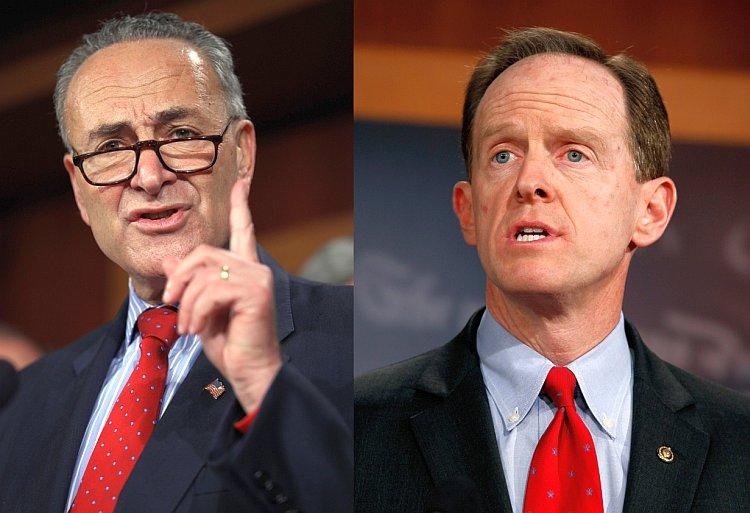A bill designed to provide extra benefits to veterans affected by exposure to burn pits overseas is facing opposition by Senate Republicans over Democrats’ efforts to include $400 billion in spending that Republicans say is unrelated to helping veterans.
The bill, dubbed the “Honoring Our PACT Act,” is overwhelmingly supported by members on both sides of the aisle inasmuch as it seeks to provide new benefits and care options for veterans who have suffered long-term damage from exposure to burn pits in Iraq, Afghanistan, and elsewhere.





